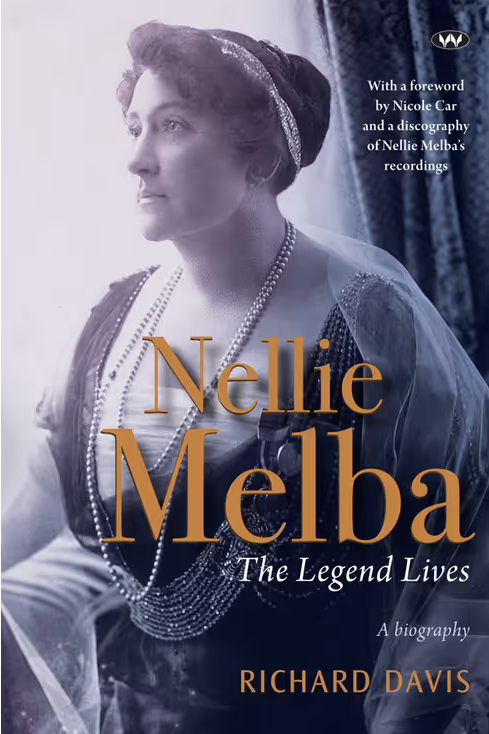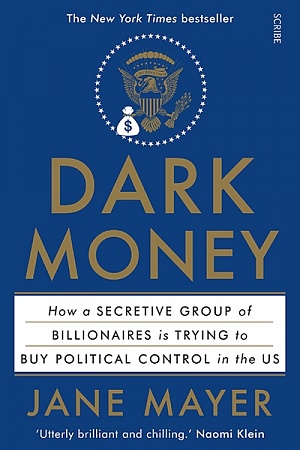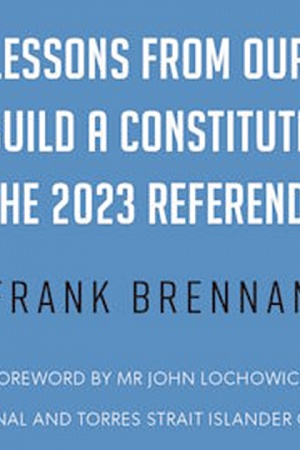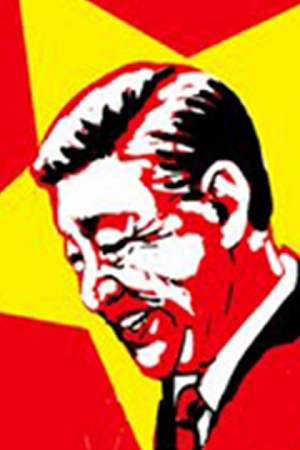Losing Streak: How Tasmania was gamed by the gambling industry
Redback $22.99 pb, 248 pp, 9781863959100
Losing Streak: How Tasmania was gamed by the gambling industry by James Boyce
Gambling is part of Australia’s self-definition. The way we like to tell the story, lads at Gallipoli went over the top with a two-up kip in one hand and a rifle in the other, while exchanging tips for the Melbourne Cup. This national myth of betting derring-do, full of heroic punts and back-slapping celebrations, bears scant resemblance to the modern reality of Australian gambling. Our monumental annual gambling losses ($22.7 billion in 2014–15) flow, in large part, from solitary poker machine addicts feeding preposterous amounts of money into cacophonous machines.
In truth, ‘gambling’ is a misleading term for interaction with pokies. The machines keep a set percentage of money gambled, averaged over time. Use them long enough and it is guaranteed that all of your money will be taken. This is not just a safe bet, but a mathematically sure thing.
Gambling involves decisions about risk and reward based on calculated odds. Similarly, business is based on analysis of opportunities and threats, and backing the best plan necessary for growth. That is the theory. Operating a private enterprise effectively underwritten by public subsidy, benefiting from a mono-poly, and paying low rates of tax is a pipedream for most businesspeople. This, however, is the startling scenario in Tasmania, where Federal Hotels has made several hundred million dollars in profits through its pokie monopoly. In Losing Streak, historian James Boyce provides a vast amount of evidence to demonstrate that the company has been the recipient of outrageously favourable treatment for almost half a century. His language is never loose, and he leaves the reader to decide just how strong the stench of corruption is, but asserts, ‘The relationship between successive Tasmanian governments and Federal Hotels became a cornerstone of a system of crony capitalism that has distorted public policy for decades.’
Continue reading for only $10 per month. Subscribe and gain full access to Australian Book Review. Already a subscriber? Sign in. If you need assistance, feel free to contact us.















Leave a comment
If you are an ABR subscriber, you will need to sign in to post a comment.
If you have forgotten your sign in details, or if you receive an error message when trying to submit your comment, please email your comment (and the name of the article to which it relates) to ABR Comments. We will review your comment and, subject to approval, we will post it under your name.
Please note that all comments must be approved by ABR and comply with our Terms & Conditions.